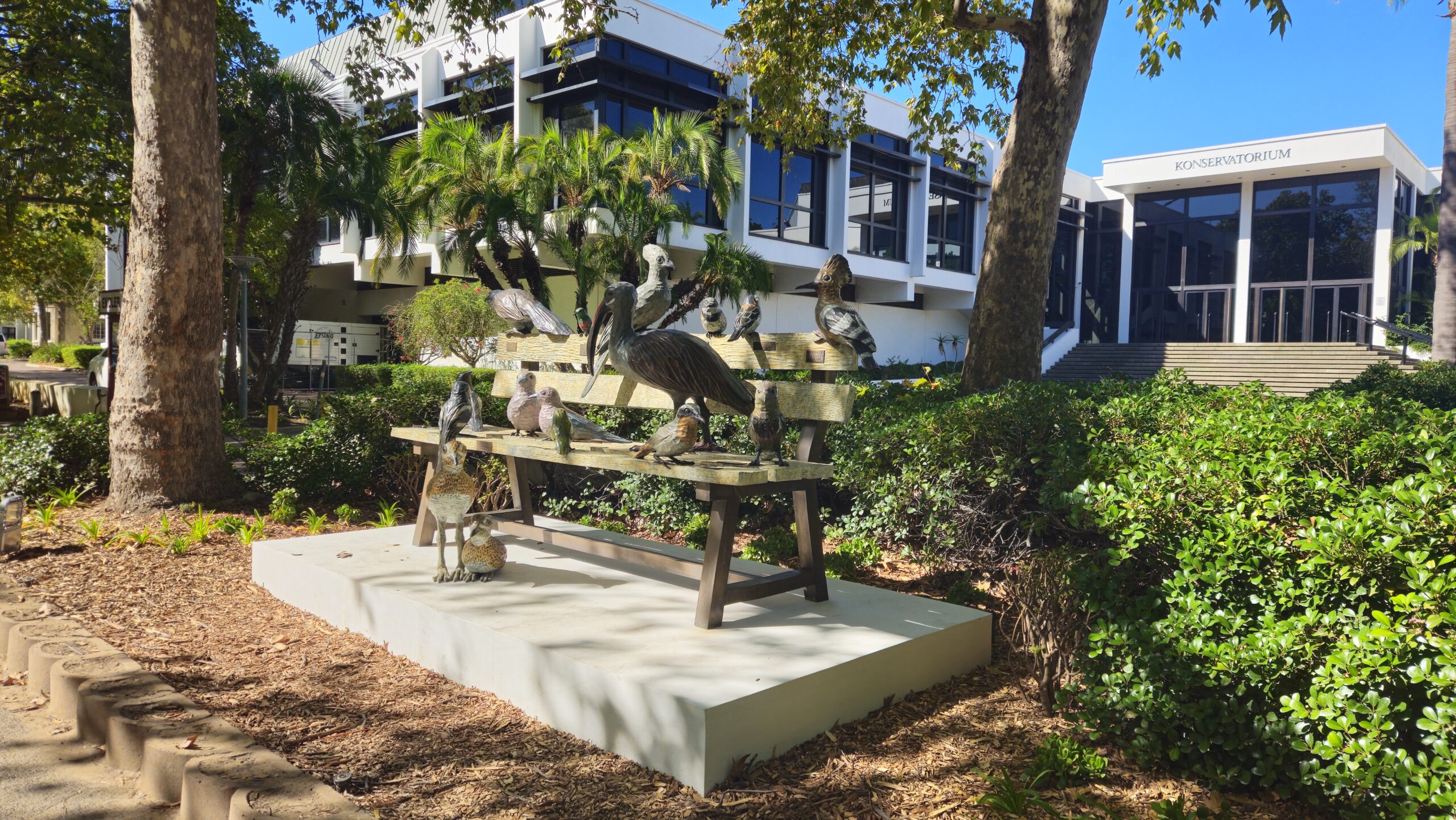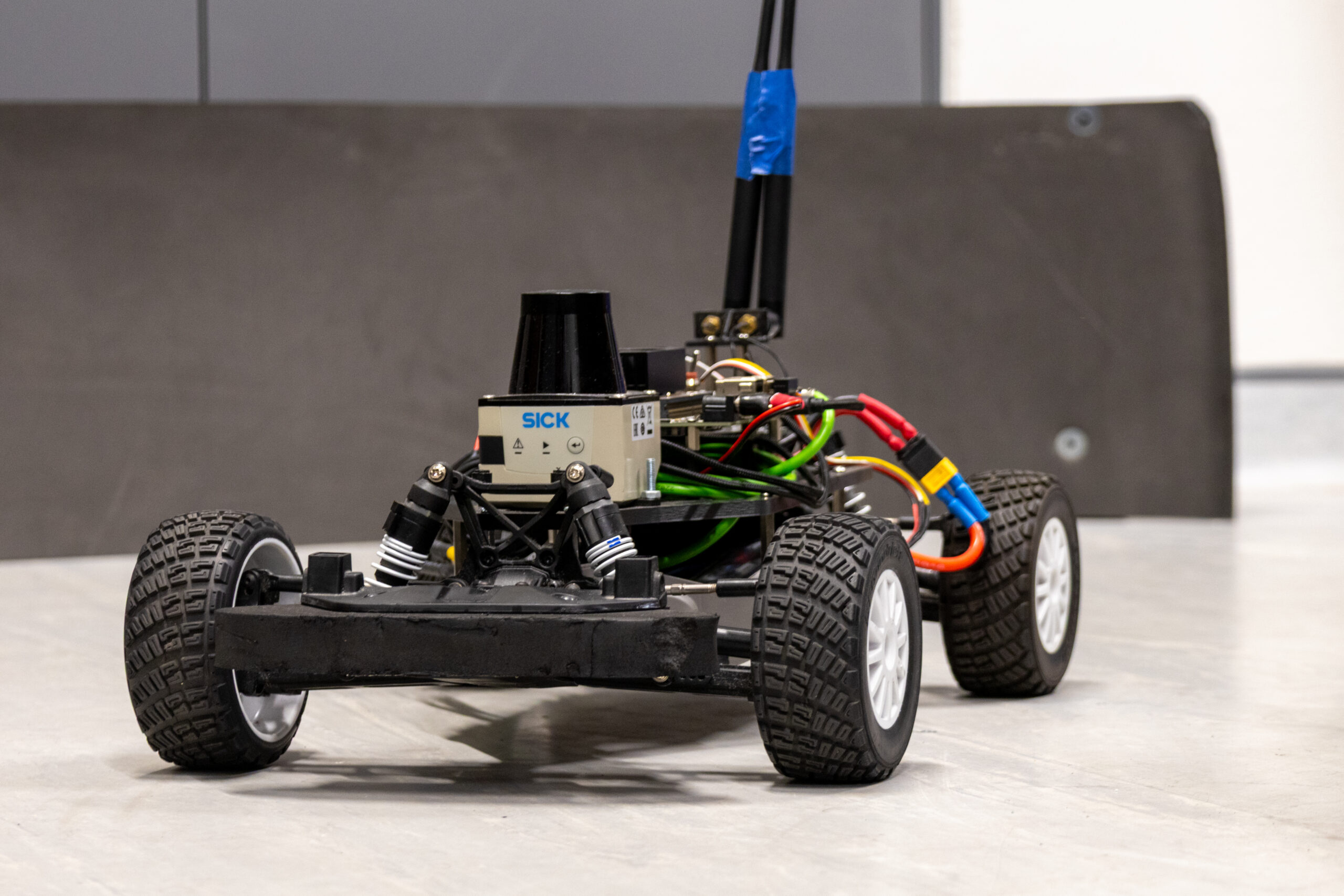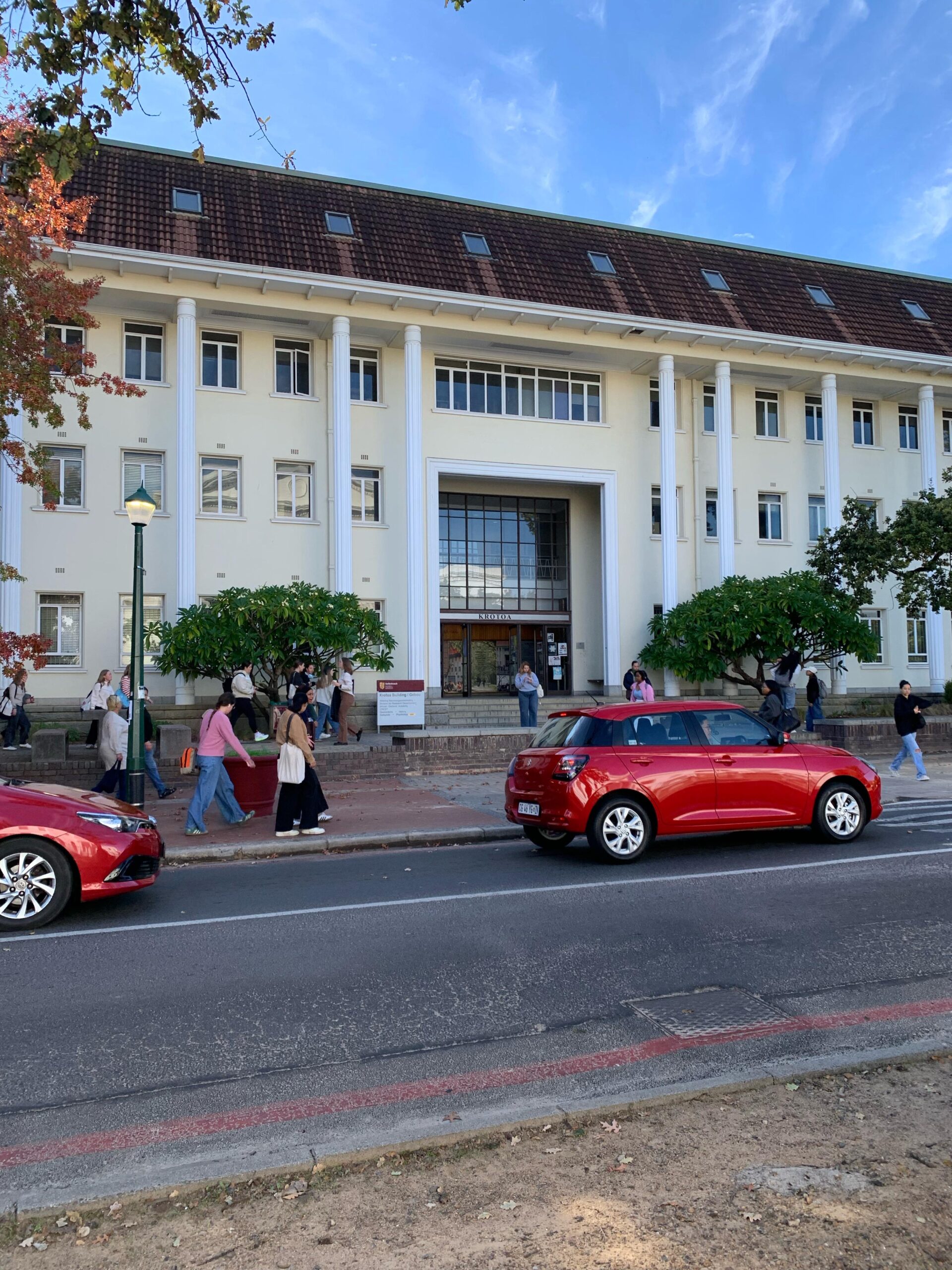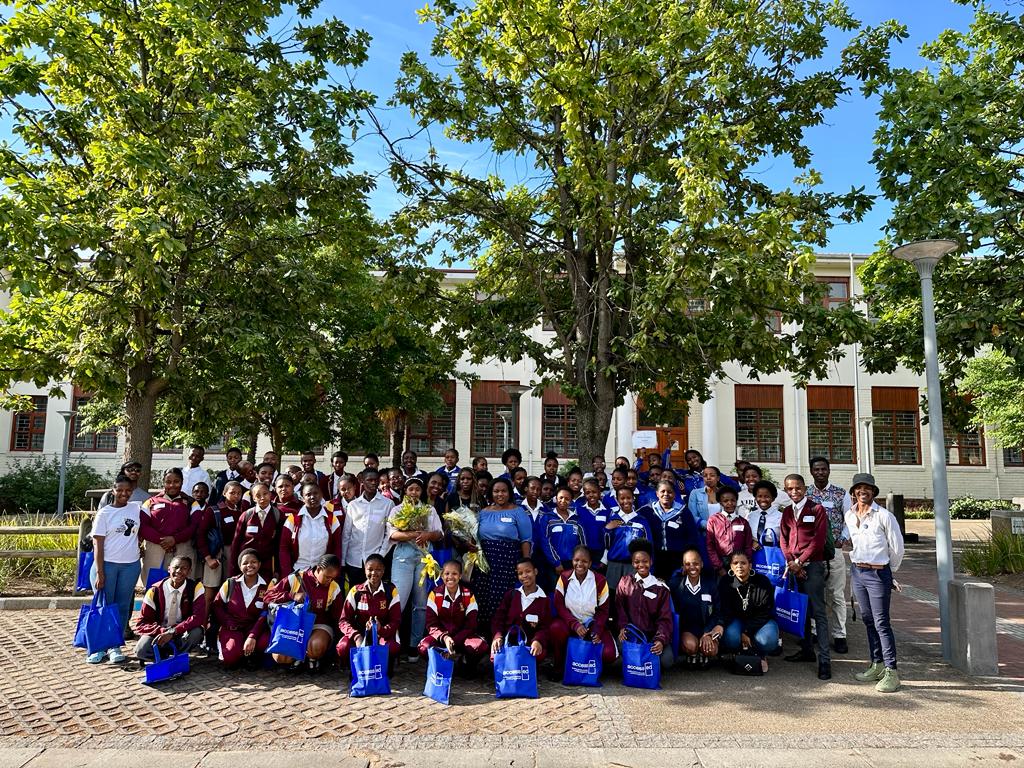
According to Statistics South Africa, every three in ten 18-year-old students dropout of high school. With only about 23% of 20-year-olds attending university. In part, these high dropout statistics are due to improper facilities, lack of decent education as well as inaccessible resources and information. These factors also cause a decline in student motivation and drive to learn. Those lucky enough to graduate with a degree from a tertiary institution must navigate unemployment rates of more than 32%; and so a vicious cycle is created. This cycle cripples the very basis of a functioning society – an educated, contributing people. Luckily, the people of AccessEd, an NGO focused on encouraging university access to students in underserved communities, has recognised the problem and has taken steps to combat it. The steps? Recruiting post-graduate students to lecture at these communities’ schools about their areas of research.
AccessEd, first founded in the UK as a university access program, has established an international presence. “We believe that access to university should be fair and equal to all,” says Nicola Vermooten who is the managing director of AccessEd, former student of Stellenbosch University (SU), and previous tutor in the AccessEd ZA program. This program has grown to 316 pupils across the Western Cape and Gauteng in the last year, and is still set for expansion, wanting to reach Limpopo by next year. In global terms, they are even starting a program in Taiwan, besides their other programs in Ireland and Botswana.
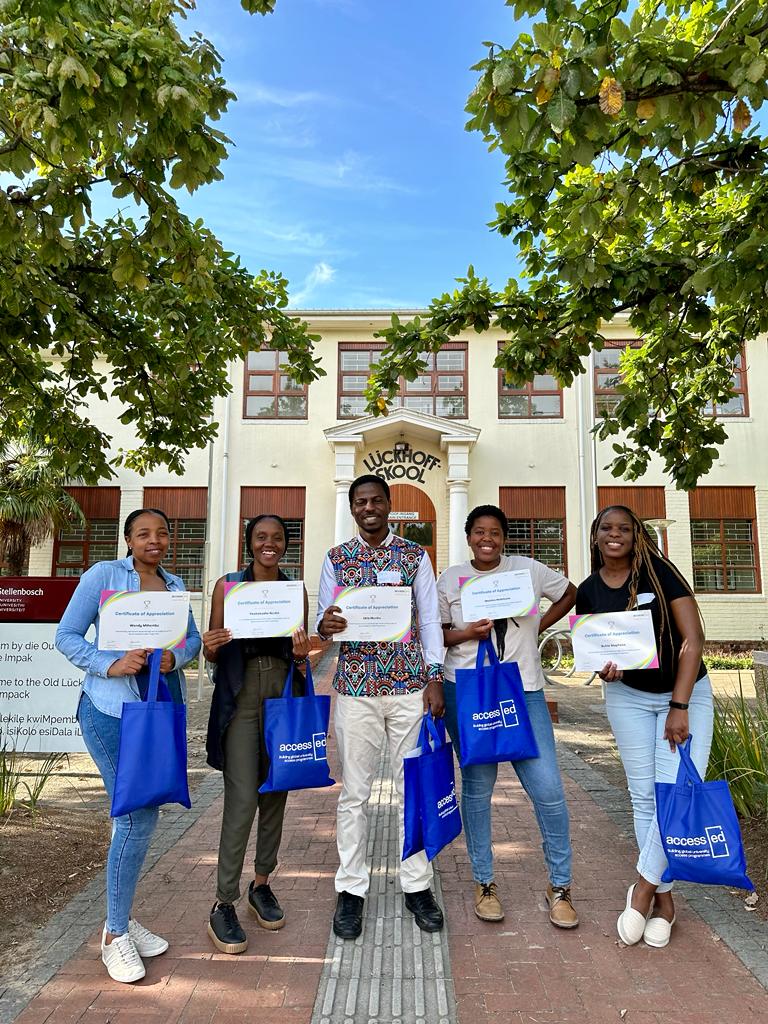
Each country has its own way of applying the program which is tailored to the specific needs of the community. Some of the adjustments for South African pupils include academic enrichment workshops that focus on mental health and dropout prevention. Students are taught mental health tools which they can apply to help remedy feeling overwhelmed, and as such are more motivated to continue learning. Tutors also assure any doubts the pupils may have concerning university and answer any questions to provide a clear, exciting image of tertiary institutions. In the Western Cape, students were even taken for a tour of the SU campus, an initiative started by AccessEd ZA’s collaboration with Ernestine Meyer-Adams, Director of Social Impact and their main point of contact with SU. At the end of a program, a graduation ceremony is held to celebrate the pupils’ achievements.
The tutors also gain the skill of converting their research to a level that can be understood by highschoolers. During the program the tutors undergo training and development, as well as garner work experience — an opportunity that few university students have during their course. Many SU postgraduates, who have been tutors for these programs, have called it “life changing,” says Vermooten. “It is just so wonderful to engage with the postgraduate tutors that are placed on the program, to go on a journey with them, to see how they personally develop and grow through the experience,” she says.
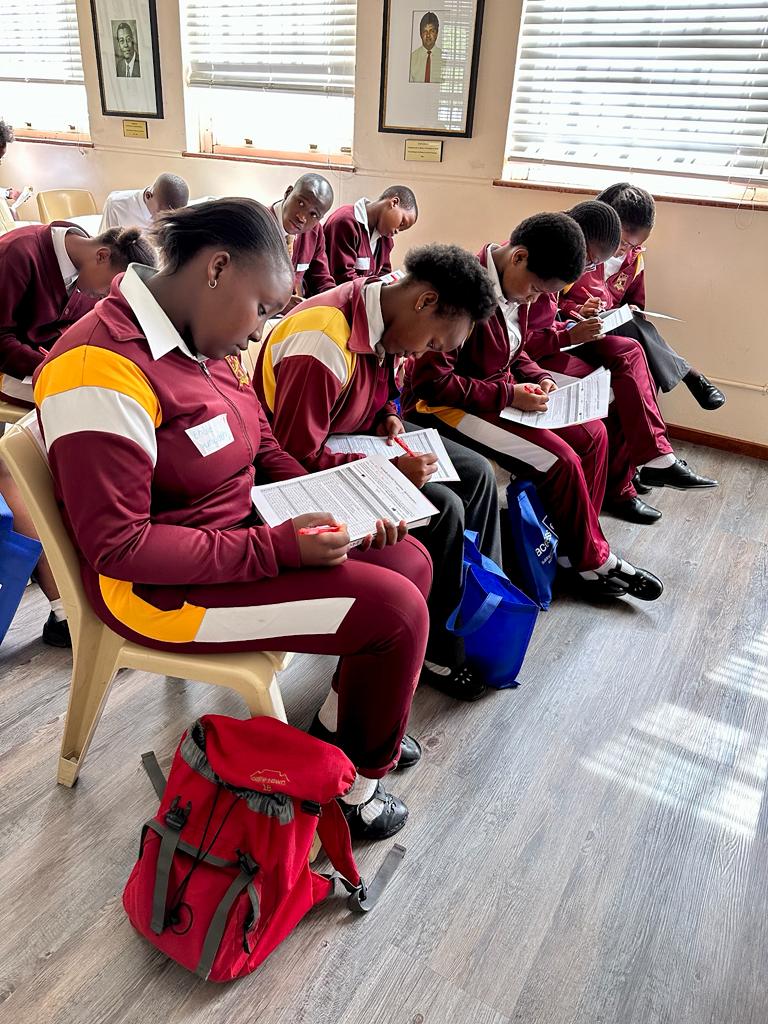
“As opposed to trying to invent the wheel, let’s work together to build a sustainable initiative that can really have [a] long-term impact.” This comment from Vermooten perfectly describes the collaborative nature of AccessEd and their partners, namely the Leap Science and Math schools, IkamvaYouth, and The African School for Excellence in Gauteng. AccessEd, however, subsidises all the programs and are reliant on donors, trusts, foundations and contributions from universities to support and continue their work. These partners suggest schools in need of AccessEd programs, after which the schools’ teachers, alongside AccessEd, identify pupils, individuals or large groups that would benefit most. Schools are encouraged to consider underrepresented demographics when enrolling their pupils, especially those who have not had any contact with tertiary education from their community or otherwise.
It is for these reasons that AccessEd ZA is one of the best solutions to our educational crisis, as the programs broaden the horizons of to-be university students by equipping them with specialised skills and allowing them unique opportunities. It also cultivates an air of professionalism in our future workforce, trains them to function in collaborative environments, and encourages them to experience and learn from social circles other than their own. Besides academic effects, the influence of programs such as AccessEd create strong bonds within communities as well as a collective sense of belonging, reassurance, and consideration.

